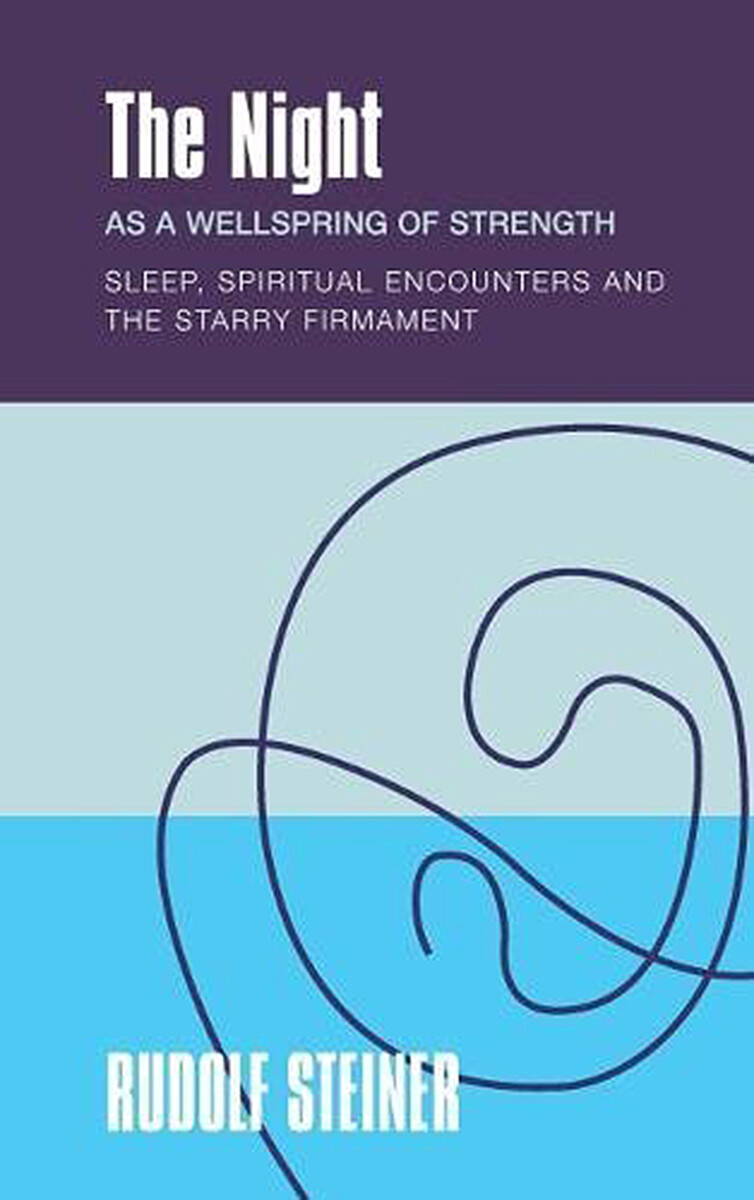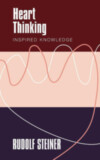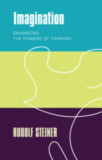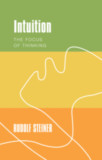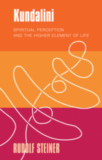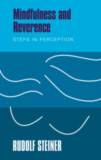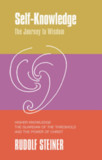The Night as a Wellspring of Strength
Sleep, Spiritual Encounters, and the Starry Firmament
- Publisher
Rudolf Steiner Press - Published
5th June 2018 - ISBN 9781855845442
- Pages 118 pp.
- Size 5.5" x 8.5"
Selections from various volumes in The Collected Works of Rudolf Steiner
“I fall asleep. Until I awaken my soul will be in the world of spirit, and there will meet the guiding impulse-giver of my earthly life, my genius, who dwells in the world of spirit, hovering round my head.” — Rudolf Steiner
The night is an essential counterpart to the day. By day we possess the capacity of conscious, logical thought, whereas at night—having left the physical body to regenerate during sleep—we give ourselves up to a different form of consciousness. Rudolf Steiner describes the night as the realm of intuition, a place of deep spiritual encounter, as well as a wellspring of renewal and healing.
With its lucid introduction and notes, The Nightseeks to conjure the special atmosphere and quality of the nocturnal hours, so that the real spiritual encounters of night-time can fruitfully inform our daily life, helping us to live in a fuller, healthier way.Nighttime is when we can meet, consciously or unconsciously, our higher self. We have the opportunity to work with angelic beings and even to access the world of the dead. The night can be a source of poetic and artistic inspiration, and for initiates it provides a field for conscious awareness. It is also a special time for certain esoteric exercises before going to sleep and upon waking.
Edited by Edward de Boer, this anthology offers textual passages, lecture extracts, exercises, and many verses and prayers as an invitation to readers to engage more consciously with the starry heavens and the night realm.
C O N T E N T S:
Introduction
1. Images and Impressions of the Night
2. Night Consciousness
3. Sleep as a Source of Renewal and Healing
4. Spiritual Encounters
5. The Starry Firmament
6. Sacred and Holy Nights
7. Meditations as Prelude and Epilogue to the Night
8. Verses and Prayers
Notes
Sources
Rudolf Steiner
Rudolf Steiner (b. Rudolf Joseph Lorenz Steiner, 1861–1925) was born in the small village of Kraljevec, Austro-Hungarian Empire (now in Croatia), where he grew up. As a young man, he lived in Weimar and Berlin, where he became a well-published scientific, literary, and philosophical scholar, known especially for his work with Goethe’s scientific writings. At the beginning of the twentieth century, he began to develop his early philosophical principles into an approach to systematic research into psychological and spiritual phenomena. Formally beginning his spiritual teaching career under the auspices of the Theosophical Society, Steiner came to use the term Anthroposophy (and spiritual science) for his philosophy, spiritual research, and findings. The influence of Steiner’s multifaceted genius has led to innovative and holistic approaches in medicine, various therapies, philosophy, religious renewal, Waldorf education, education for special needs, threefold economics, biodynamic agriculture, Goethean science, architecture, and the arts of drama, speech, and eurythmy. In 1924, Rudolf Steiner founded the General Anthroposophical Society, which today has branches throughout the world. He died in Dornach, Switzerland.


